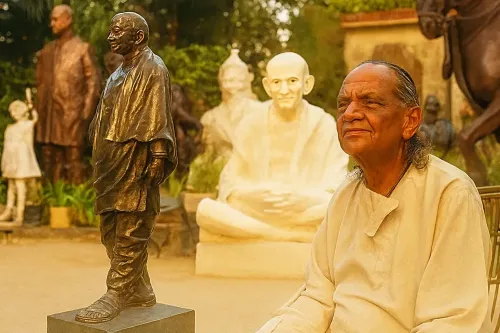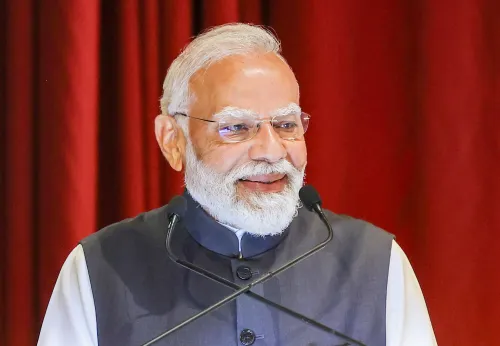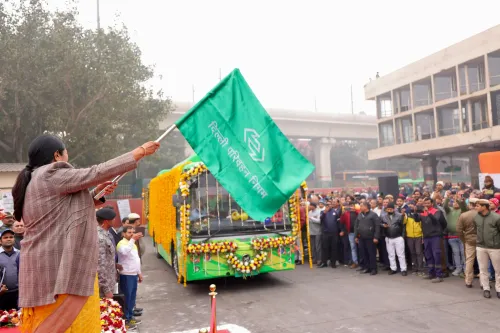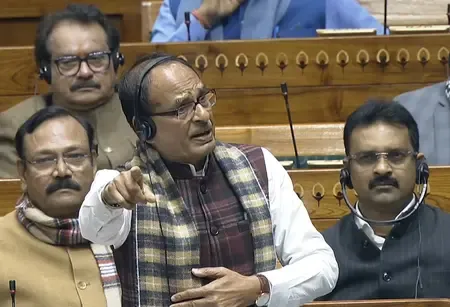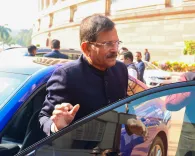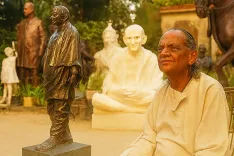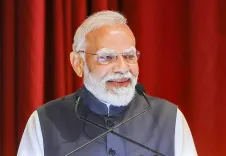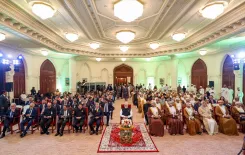Did Bengal Police Uncover Passports for Non-Existent People?
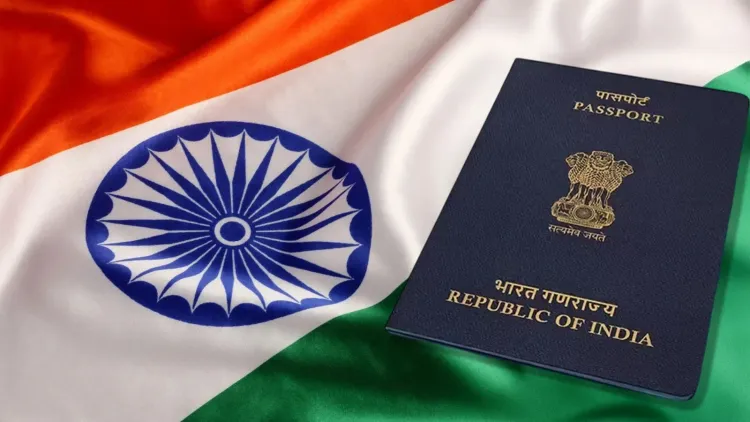
Synopsis
Key Takeaways
- West Bengal Police discovered fake passports issued to non-existent individuals.
- At least 37 passports linked to individuals who cannot be traced were found.
- Serious lapses in the verification process were highlighted.
- Two police officers have been implicated in the case.
- Concerns regarding national security have been raised due to this discovery.
Kolkata, May 15 (NationPress) The West Bengal Police, in the midst of probing a multi-crore counterfeit passport scheme, have revealed documentation that suggests several passports were issued to individuals who simply do not exist.
A recent report presented to the Calcutta High Court indicates that at least 37 such passports were identified, issued to individuals who cannot be located at the addresses provided in the documents.
During questioning and on-site verification, authorities found no evidence that these individuals ever resided at the specified addresses.
Sources linked to the investigation have reported that these discoveries highlight significant failures in the physical verification process, which is a crucial step in passport issuance.
According to regulations, police verification officers must visit the applicant’s residence for an on-site check before approving the application.
Two police officials involved in this verification process have been implicated in the case. They include Abdul Hai, a retired sub-inspector from Kolkata Police, and Mohammad Imran, a home guard associated with the Chandernagore Police Commissionerate in Hooghly district.
Insiders within the state police have indicated that the emergence of passports registered to non-existent individuals raises alarming issues, particularly concerning several cases involving Bangladeshi nationals residing in West Bengal with both Indian and Bangladeshi passports.
Investigations have shown that many of these individuals initially entered India legally with valid visas and later obtained counterfeit Indian identity documents, including passports, through these rackets.
In a related incident, the Enforcement Directorate (ED) recently apprehended a former Pakistani national, Azad Mullick, at his home on the northern outskirts of Kolkata. He was allegedly running a network involved in counterfeit passports, visas, and hawala transactions. His case is further complicated by the fact that he initially secured Bangladeshi citizenship using forged documents and then employed a similar tactic to obtain an Indian passport.


